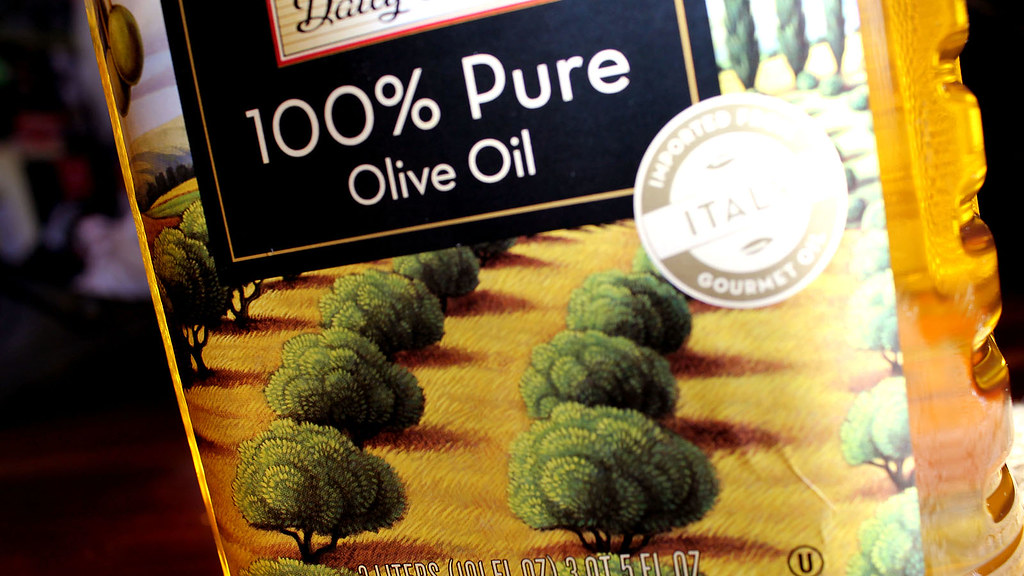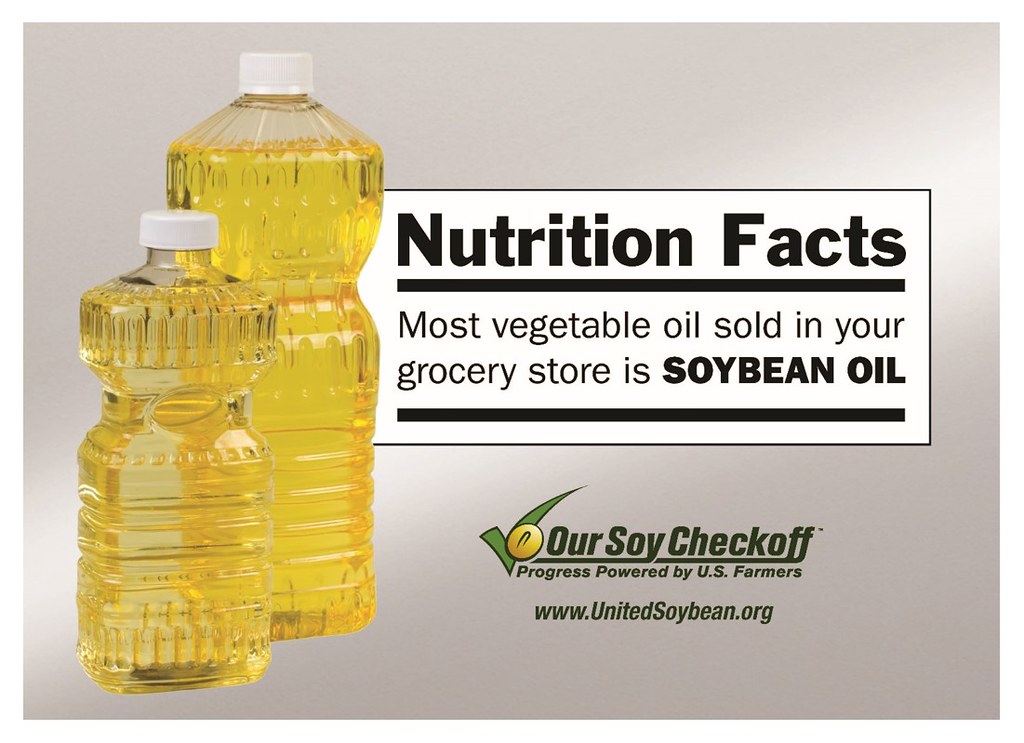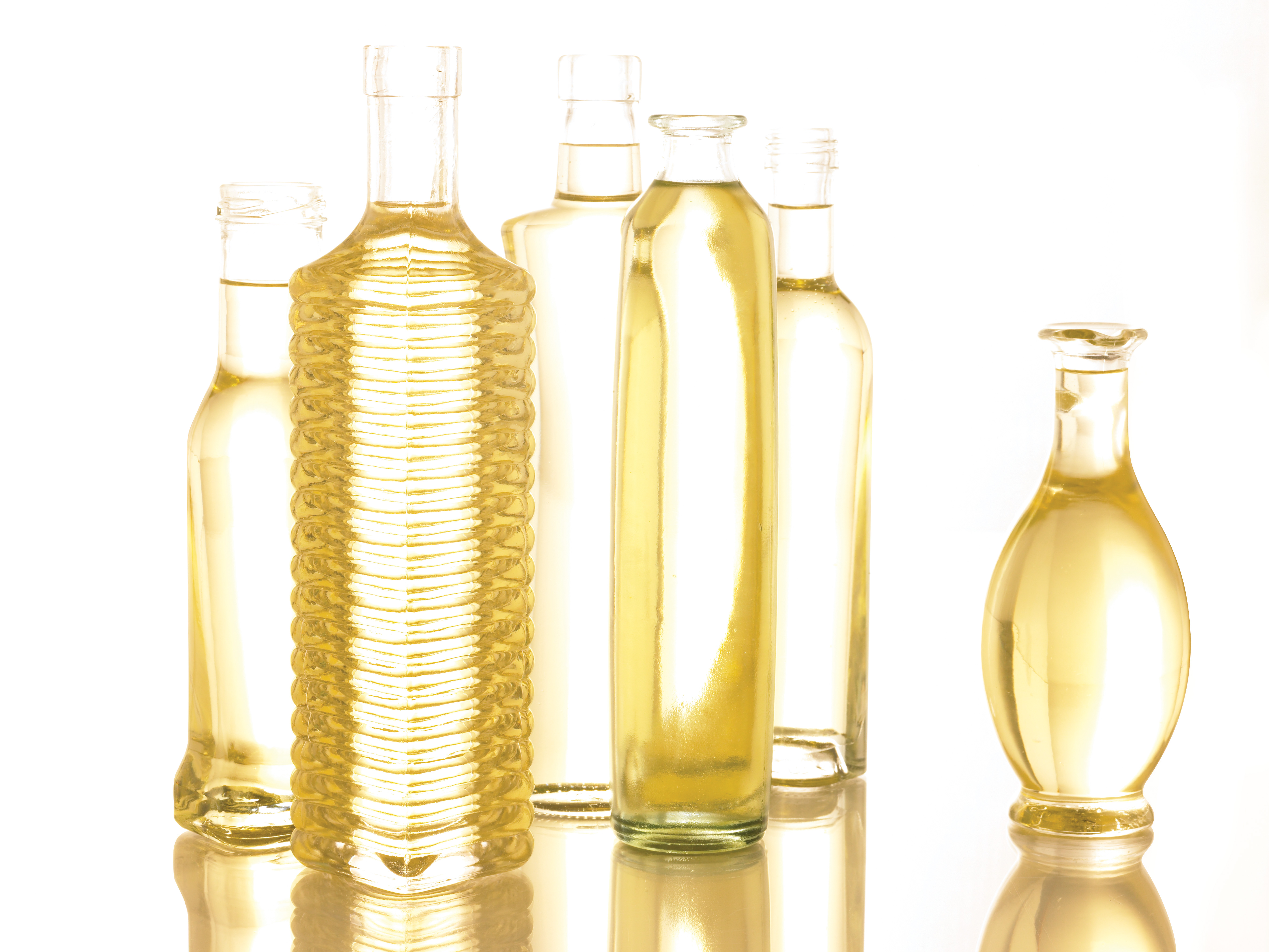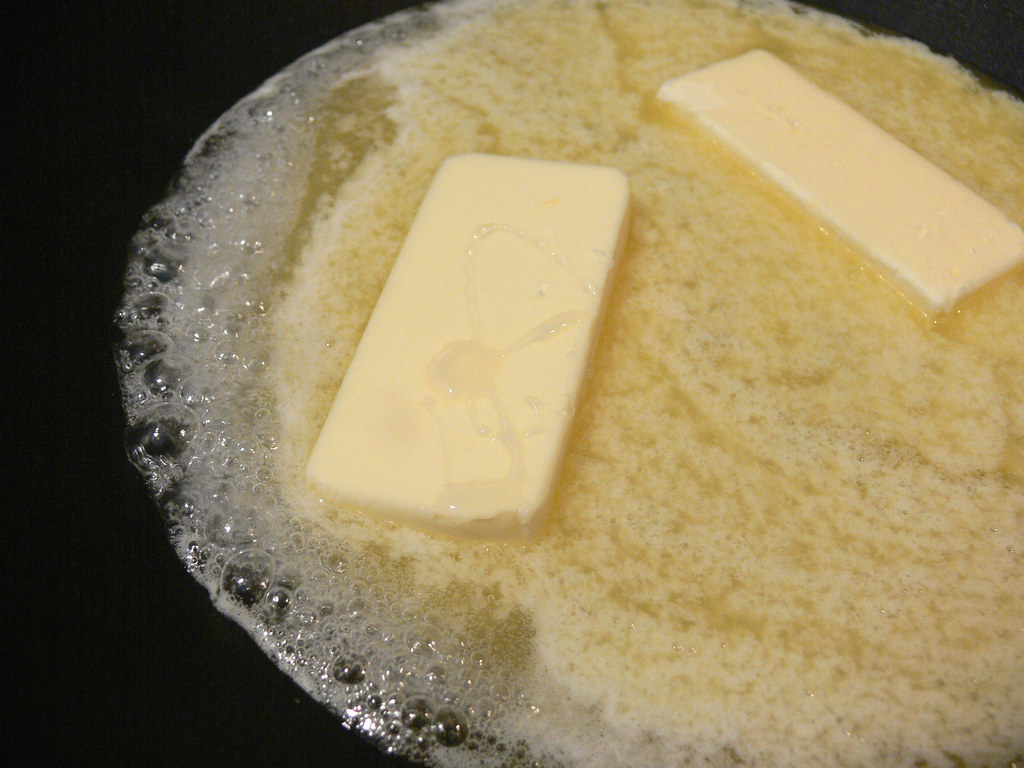
In our quest for a longer, healthier life, the choices we make in the kitchen play a profoundly significant role. While we meticulously select fresh produce and lean proteins, one often-overlooked ingredient lurking in our pantries can quietly impact our cardiovascular well-being: cooking oil. With an overwhelming array of options lining grocery store aisles, deciphering which oil supports your heart and which undermines it can feel like a complex culinary puzzle.
Cardiovascular diseases tragically claim an estimated 17.9 million lives each year worldwide, and a shocking part of this global health crisis is directly influenced by the fats we consume. Diets rich in saturated and trans fats are notorious for elevating LDL (low-density lipoprotein) cholesterol, often dubbed ‘bad’ cholesterol, which significantly increases the risk of heart palpitations, stroke, and other serious conditions. Conversely, oils teeming with unsaturated fats act as guardians for your heart, helping to reduce these risks.
Today, we’re not just exploring the nuances of healthy cooking; we’re taking a vital journey guided by cardiology experts to pinpoint the oils that, despite popular perception, may be detrimental to your heart health. While some oils are celebrated for their monounsaturated and polyunsaturated fats, others are a silent threat, packed with components that challenge your cardiovascular system. Let’s peel back the layers and uncover the nine cooking oils cardiologists suggest we approach with caution, making smarter choices for a stronger, healthier heart.

1. **Canola Oil**Canola oil often appears in discussions about heart-healthy cooking, even being listed among the ‘best’ options when sourced responsibly. However, its inclusion on the list of oils considered ‘not that great’ for you by cardiologists reveals a critical nuance. The distinction lies heavily in how the oil is processed and consumed. While organic or cold-pressed canola oil, with its low saturated fat and decent omega-3 fatty acid content (9-11%), can indeed support a heart-friendly diet when consumed in moderation, many commercially available versions fall short.
The context emphasizes that choosing organic or cold-pressed versions is crucial to avoid highly refined options that may lose nutritional value. When canola oil undergoes extensive refining, it can diminish its beneficial compounds and potentially alter its fatty acid profile in undesirable ways. This means that the canola oil commonly found on supermarket shelves might not offer the heart-protective benefits touted by its healthier counterparts, leading cardiologists to advise caution regarding its general use.
Therefore, while the potential for canola oil to be a ‘heart-friendly’ option exists, it is conditional upon specific processing methods and responsible consumption. The cardiologists’ cautionary stance implies that the prevalent, highly refined forms of canola oil can, in actuality, be detrimental, hence its place on this list of oils to approach with greater awareness and discernment for optimal heart health.
Read more about: Fueling Vision: The 14 Foods Ophthalmologists Strictly Limit for Optimal Eye Health and Clarity

2. **Palm Oil**Palm oil is a ubiquitous ingredient in processed foods, widely favored by manufacturers due to its low cost and stable shelf life. Despite its widespread use, cardiologists strongly advise against it for heart health. The primary concern with palm oil stems from its high level of saturated fats, which are directly linked to adverse cardiovascular outcomes. The continuous consumption of oils rich in saturated fats can significantly increase levels of LDL, or ‘bad’ cholesterol.
This elevation in LDL cholesterol is a critical factor in the development of arterial plaque buildup, a dangerous condition where fatty deposits accumulate on the walls of your arteries. Over time, this plaque can narrow and harden the arteries, restricting blood flow and drastically increasing the risk of heart disease, heart attacks, and strokes. The context explicitly states that palm oil is “not the best choice for your heart because of a high level of saturated fats” and that “they may contribute to arterial plaque buildup.”
Although the context mentions that ‘sustainable and cold-pressed versions of this oil are slightly better,’ it unequivocally states that they are ‘still not ideal for frequent use.’ This underscores the consistent message from cardiology experts: palm oil, in its common forms and even in its more ‘sustainable’ variants, carries a significant saturated fat load that makes it a less-than-ideal choice for anyone prioritizing their heart health. Its omnipresence in instant noodles, snacks, and ready-to-eat meals makes label-checking an essential practice.
Read more about: Fueling Clarity: The 12 Snacks CEOs Absolutely Avoid for Sharp Decision Making and Energy

3. **Vegetable Oil**”Vegetable oil” is a broad term that typically refers to a blend of various plant-based oils, often including soybean, corn, sunflower, or safflower oils. While the term might sound innocuous, implying a natural origin, vegetable oil frequently appears on cardiologists’ lists of oils that are ‘not that great’ for your heart. The primary concern with these generic vegetable oil blends often relates to their processing and their fatty acid composition, although the provided context doesn’t delve into specific negative details for ‘Vegetable oil’ itself.
The general categorization within the “assumed ‘healthiest cooking oils’ in actuality are not that great for you” list, provided by cardiology experts, suggests that many common vegetable oil blends may contribute to the dietary issues that lead to poor heart health. This caution often stems from the fact that these oils can be highly refined, a process that can strip away beneficial nutrients and potentially create harmful compounds. Furthermore, many vegetable oil blends are high in omega-6 fatty acids, and while omega-6s are essential, an imbalance with omega-3s can promote inflammation within the body.
Given the lack of specific details in the context regarding the negative impacts of ‘Vegetable oil’ other than its inclusion in the ‘not that great’ list, it’s prudent to infer that its common forms may fall short of being truly heart-healthy. This highlights the importance of scrutinizing labels and opting for specific, known heart-healthy oils like extra virgin olive oil or avocado oil, rather than relying on generic ‘vegetable oil’ blends that may harbor hidden cardiovascular risks due to processing or an unbalanced fatty acid profile.
Read more about: Unlock a Healthier You: 10 Expert-Backed Ways to Boost Your Daily Fiber Intake Effortlessly

4. **Soybean Oil**Soybean oil presents another complex case in the realm of heart health. While the context notes that omega-3 fatty acids, which may lower blood pressure and prevent blood clots, are present in some oils such as flaxseed or soybean oil, it is explicitly included in the list of “assumed ‘healthiest cooking oils’ in actuality are not that great for you.” This seemingly contradictory information from cardiology experts signals that despite containing some beneficial components, there are significant caveats to its overall heart-health profile.
The fact that cardiologists place soybean oil on the ‘not that great’ list suggests that the potential drawbacks, particularly in its commonly available forms, outweigh or complicate its purported benefits. One common concern with soybean oil, often implied in such expert advice, is its typical processing method. Like many other widely used vegetable oils, soybean oil is frequently highly refined, a process that can degrade its quality and potentially introduce undesirable elements.
Moreover, while soybean oil does contain omega-3s, it is often much higher in omega-6 fatty acids. An excessive intake of omega-6s, especially when not balanced by sufficient omega-3s, can contribute to systemic inflammation in the body. Although inflammation is a natural protective response, chronic inflammation is a known risk factor for various cardiovascular conditions. Therefore, despite the presence of some beneficial fatty acids, the cardiologists’ warning regarding soybean oil suggests that its overall impact, perhaps due to processing or an unfavorable omega-6 to omega-3 ratio in typical diets, warrants a cautious approach.
Read more about: Your Heart’s Best Friends and Worst Enemies: 15 Foods Cardiologists Say to Skip (Plus Healthier Picks!)

5. **Sunflower Oil**Sunflower oil, similar to soybean oil, finds itself in a paradoxical position within the heart health dialogue. On one hand, the context mentions that ‘oils high in unsaturated fats, such as sunflower… help increase HDL (high-density lipoprotein) cholesterol’ – the ‘good’ cholesterol crucial for removing excess cholesterol from the blood. This beneficial characteristic would typically position it as a favorable choice. However, cardiologists also explicitly include sunflower oil in the category of ‘assumed ‘healthiest cooking oils’ in actuality are not that great for you,’ prompting a closer examination of this discrepancy.
The expert caution surrounding sunflower oil, despite its HDL-boosting potential, likely points to other factors that impact its overall cardiovascular safety, particularly in its widely consumed forms. Just like many other common vegetable oils, commercially processed sunflower oil can undergo extensive refining. This refining process can lead to the loss of beneficial compounds, such as antioxidants, and may even create detrimental byproducts that counteract its healthy fat content.
Furthermore, while high in polyunsaturated fats, sunflower oil typically contains a significant amount of omega-6 fatty acids. While essential, an imbalance where omega-6 intake vastly overshadows omega-3 intake is a dietary concern often linked to increased inflammation, a known precursor to heart disease. Therefore, while sunflower oil may offer some benefits for HDL cholesterol, the cardiologists’ collective advice to approach it with caution indicates that its common forms, processing, and potential for fatty acid imbalance make it a less-than-ideal choice for consistent heart health. Prioritizing oils with a more balanced profile or specific, proven benefits remains key.”
,”_words_section1″: “1940
As we continue our vital journey through the oils that cardiologists advise we approach with caution, it’s clear that understanding the nuances of fat types and processing methods is paramount for safeguarding our heart health. We’ve already uncovered the complexities of several common oils, and now we turn our attention to another four widely used fats—Coconut Oil, Margarine, Shortening, and Butter—each presenting its own set of challenges for your cardiovascular system.
These remaining culprits, often staples in many kitchens or hidden in our favorite processed treats, frequently contain high levels of saturated or trans fats. These are the fats that can significantly escalate your risk of developing cardiovascular conditions by disrupting your cholesterol balance and promoting inflammation. Let’s dive deeper into why these fats demand a cautious approach and how we can make more informed decisions for a healthier heart.
Read more about: Zero-Waste Kitchen: 14 Simple Hacks to Transform Food Scraps into Delicious Dishes

6. **Coconut Oil**Coconut oil has enjoyed a surge in popularity, often marketed with a health halo that suggests numerous benefits. However, when it comes to heart health, cardiology experts advise a significant degree of caution. The primary reason for this warning stems from its exceptionally high saturated fat content, which dramatically distinguishes it from oils rich in heart-healthy unsaturated fats.
The context explicitly states that coconut oil is over 90% saturated fat. This level is a critical concern because saturated fats are known to increase LDL (low-density lipoprotein) cholesterol, commonly referred to as ‘bad’ cholesterol. Elevated LDL cholesterol levels are a well-established risk factor for heart disease, contributing to the buildup of plaque in the arteries, which can lead to serious cardiovascular events.
While coconut oil might offer appealing flavors in certain dishes, its frequent use, especially in baking or frying, means a substantial intake of saturated fat. Experts recommend that if you choose to use coconut oil, it should be done occasionally and sparingly, treating it more like an indulgence rather than a regular cooking staple. Prioritizing oils with a better fatty acid profile, like extra virgin olive oil or avocado oil, is a more heart-conscious approach for daily cooking.
Read more about: Fueling Clarity: The 12 Snacks CEOs Absolutely Avoid for Sharp Decision Making and Energy

7. **Margarine**Margarine often emerges as a complex topic in discussions about heart health, particularly due to its historical association with partially hydrogenated oils. These oils undergo a chemical modification process to achieve a more solid, stable consistency at room temperature and extend shelf life, making them appealing to manufacturers for a variety of food products. However, their impact on cardiovascular health is unequivocally detrimental.
Partially hydrogenated oils are a primary source of trans fats, which are considered extremely harmful to the heart. The mechanism of their damage is twofold: they significantly increase levels of LDL (bad) cholesterol while simultaneously lowering levels of HDL (high-density lipoprotein) cholesterol, or ‘good’ cholesterol. This dual negative effect creates a particularly dangerous combination for your arteries, greatly increasing the risk of heart blockage and cardiovascular disease.
Given that partially hydrogenated oils are frequently used in the manufacturing of packaged baked goods, fast food items, and indeed, many types of margarine, constant vigilance is crucial. Cardiology experts strongly advise consumers to always check product labels and avoid any item that lists “partially hydrogenated oil” in its ingredients. Opting for margarines specifically labeled as “trans-fat-free” and checking their overall saturated fat content remains vital for making a heart-healthier choice.
Read more about: Mastering the Miles: 15 Critical Maintenance Tips to Keep Your Ford Explorer Running Strong Past 250,000

8. **Butter**Butter, a long-standing staple in many cuisines and kitchens, holds a prominent place among the fats that cardiologists recommend limiting due to its direct impact on heart health. While it offers a rich flavor and creamy texture to countless dishes, its nutritional profile, particularly its high saturated fat content, raises significant concerns for cardiovascular wellness.
Saturated fat-rich oils and fats, such as butter, are known to increase levels of LDL (low-density lipoprotein) cholesterol. As emphasized throughout our discussion, elevated LDL cholesterol is a primary driver of arterial plaque buildup, a condition that can lead to restricted blood flow, increasing the risk of serious cardiac events like heart palpitations and strokes.
The advice from cardiology experts is consistent: saturated fats should be limited in your diet. While butter is a natural product and may be part of a balanced diet in very small quantities, its regular and abundant consumption directly contributes to the accumulation of ‘bad’ cholesterol. For those seeking heart-friendlier options, alternatives with unsaturated fats, such as olive oil or avocado oil, can often provide similar culinary functions without the same cardiovascular risks.
**Making Smarter Choices for a Stronger Heart**
Our journey through the best and worst cooking oils underscores a crucial truth: the choices we make in our kitchens have profound implications for our cardiovascular health. While navigating the vast array of options can seem daunting, armed with expert insights, you can confidently steer your diet towards heart-friendly selections. The key lies in understanding the difference between beneficial fats and those that pose a risk.
Oils teeming with unsaturated fats, such as the monounsaturated and polyunsaturated varieties found in extra virgin olive oil, avocado oil, safflower oil, grapeseed oil, and sesame oil, are truly guardians of your heart. They help lower ‘bad’ LDL cholesterol, increase ‘good’ HDL cholesterol, improve blood flow, and reduce inflammation, actively working to diminish your risk of heart attack and chronic heart disease. Incorporating these oils into your daily cooking, whether for sautéing, baking, or dressing salads, is a proactive step towards longevity.
Read more about: Unlock a Healthier You: 10 Expert-Backed Ways to Boost Your Daily Fiber Intake Effortlessly
Conversely, making a conscious effort to minimize or entirely avoid oils and fats rich in saturated and trans fats—including coconut oil, palm oil, generic vegetable oil blends, soybean oil, sunflower oil, margarine, shortening, and butter—will significantly reduce your risk. Pay close attention to food labels, especially to identify partially hydrogenated oils, which are a hidden source of harmful trans fats in many processed foods. Choosing a heart-friendly oil is not merely a dietary adjustment; it’s an invaluable investment in your long-term health and vitality. By embracing these smarter choices, you’re not just cooking wiser; you’re truly empowering your heart to age slower and thrive.



